There is no cheer about the recent pronouncements from the hierarchy in the education sector and the long-term impact on our youth.
“Nigerian government reverses resumption of schools, says no WAEC exam for now.” was the screaming headline in the Premium Times on July 10, 2020.
The Minister of State for Education, Chukwuemeka Nwajiuba, announced during a media briefing on July 6 that the West African Examination Council (WAEC) examination will now take place between August 4 and September 5.
In swift contradiction, the education minister, Adamu Adamu, speaking to State House correspondents at the end of the Federal Executive Council (FEC) meeting presided by President Muhammadu Buhari, said Nigerian schools will not reopen any time soon “until it is safe to do so because of the COVID-19 pandemic”.
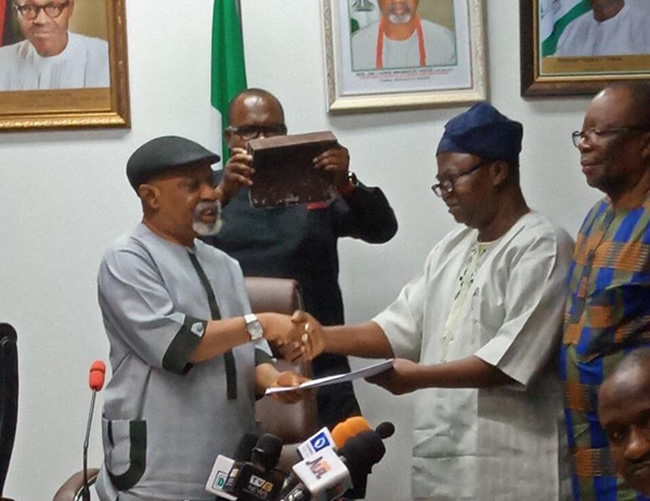

The situation at the tertiary level is not any better, as the Academic Staff Union of Universities (ASUU) through an interview of their President, Prof. Biodun Ogunyemi with the Punch Newspaper on June 16, 2020, has declared that E-Learning cannot work in Nigeria. It seems that Prof. Ogunyemi totally overlooked Private schools in his pronouncement; many of whom have completed the syllabus for the current term through online classes at home.
The Ausso Leadership Academy (#ALA), the foremost institution providing mentorship to Business Leaders and Entrepreneurs to scale their businesses geometrically has transitioned her models and frameworks online and continues to impact companies with game-changing ideas to thrive now and beyond.


Far afield, both Harvard and Princeton have announced plans to bring back students for the fall semester, albeit, all course instruction will be delivered online, including for students living on campus. Coursera is partnered with 192 institutions from 43 countries and offering more than 3,200 online courses in 13 languages.
The irony is that Nigerian Universities would have had six years of leapfrog experience in online learning if we had taken the opportunity presented by the Nigerian Research and Education Network (NgREN) and consolidated on the budding shoots.
But like most opportunities that come our way, we display gross unpreparedness and unprecedented nonchalance in the face of opportunity cost to our future generations.
The COVID-19 pandemic is real, and we have to take all necessary precautions and follow social distancing and other protocols advised by the Nigeran Centre for Disease Control (NCDC). But not knowing how long it will last, we cannot put our lives on permanent pause. We have to adjust to the new normal and get on with it. Companies like Zoom and Amazon have understood this and have ended up net beneficiaries.
I wrote this article four years ago when it seemed that the NgREN will become an abandoned project, and another of the many white elephant projects dotting our landscape.
What can we learn from this in order to forestall a reoccurrence?
One of the proudest moments in the history of the Nigerian Education sector was the successful implementation and commissioning of the Nigerian Research and Education Network (NgREN).
Being the first of its kind in Sub-Saharan Africa, the pomp and pageantry that accompanied the unveiling event seemed justified and earned. The network which boasted 465mbps of internet capacity represented 20 times the average connectivity capacity leveraged by the universities.
This was a project conceptualized, deployed and managed by Nigerians under a consortium of indigenous companies including CWG Plc, Airtel, Medalion, Resources, and Phase 3; finally, a project for us by us.
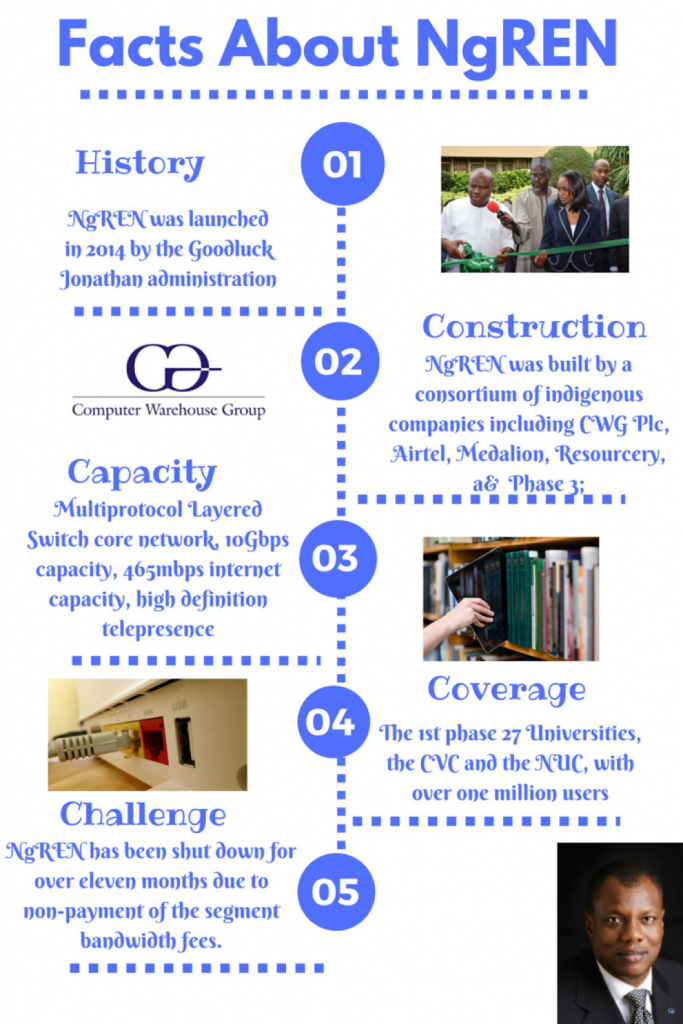

The idea of the NgREN was conceptualized as far back as 2004. After a long period of dormancy, it was revived under the auspices of the Nigerian Universities Commission (NUC) and the Committee of Vice-Chancellors (CVC) in January 2010.
The objective was for a Research and Education Network that will connect all Higher Institutions of Learning together and to the global Research and Education Network.
The achievement made Nigeria the first in sub-Saharan Africa to join the league of countries in Europe and America that had functional Online Research & Education Networks.
A catalytic fund was secured from the World Bank as a grant, and counterpart funding by the Federal Government of Nigeria in mid-2012 for the first phase of the project, while the procurement cycle was concluded in February 2013.
The first phase of the project which connected 27 Universities, the CVC and the NUC, with over one million users, delivered 155mbps capacity to each university and connected to the Multiprotocol Layered Switch core network, which had a 10Gbps capacity, as well as 465mbps internet capacity, providing high definition telepresence capabilities for real-time collaboration, voice over internet protocol, shared access to research content and joint experimentation projects.
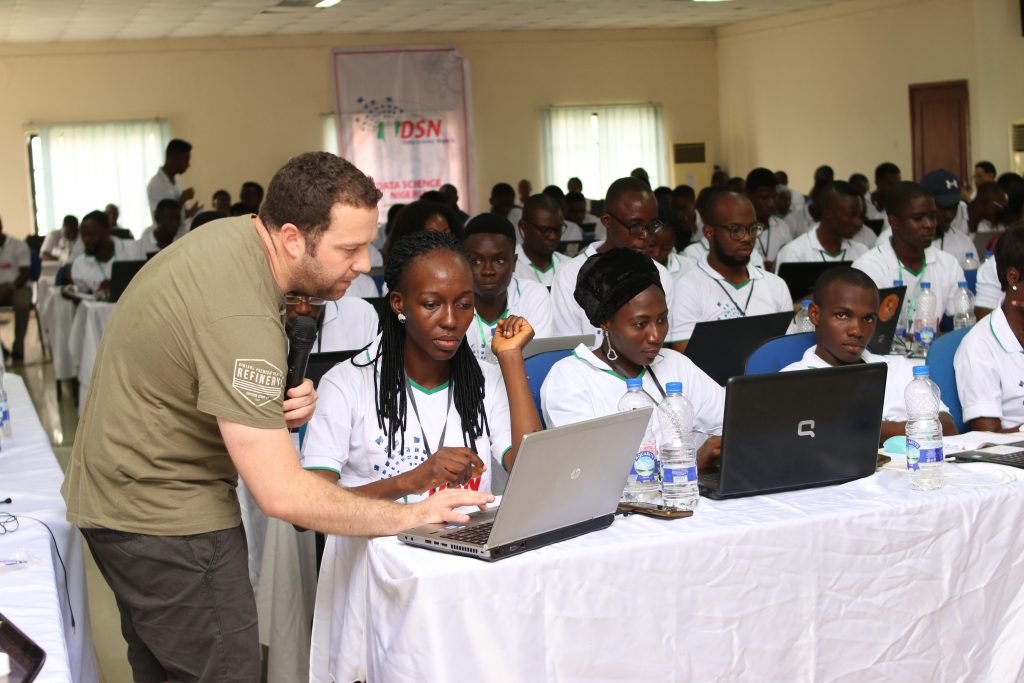

The second phase was planned to cover five more clusters of about 100 institutions and five million users. Subsequent phases were to cover all higher education institutes numbering over 600.
The network was to be connected to the London Open Exchange via an international private leased circuit and offer additional services such as web hosting, unified communication, digital library collection, video bridging and archiving services.
This indeed would have afforded Nigerian Universities the opportunity to take a quantum leap in online learning, and significantly improve their low ranking in quality and reach of teaching and research output, and thereby bringing them closer to their global peers. But alas, this was not to be; as the much-heralded NgREN has been shut down for over eleven months due to non-payment of the segment bandwidth fees. The consortium of local providers, however, left all the equipment intact in good faith, awaiting the provision of bandwidth to restore services.
Apart from the immense benefit in value and global trends, the economies of scale of the project saved the universities immense costs, as embarking individually on such a project would be grossly sub-optimal and prohibitively expensive.
Nigeria has a long history of poor project execution and abandonment. According to journalists Chuka Uroko and Joshua Bassey, in the past couple of years alone, it is estimated that over 11,886 federal government projects with an estimated value of N7.7trillion have been abandoned.
Should we start singing a funeral dirge to a well-conceptualized and implemented system as the NgREN, with all its benefits after spending so much taxpayers’ money on it?
By this action of omission or commission, we would have inadvertently reversed the solid gains made in the broadband transformation agenda and shut our youth from critical online learning and the emerging digital economy.
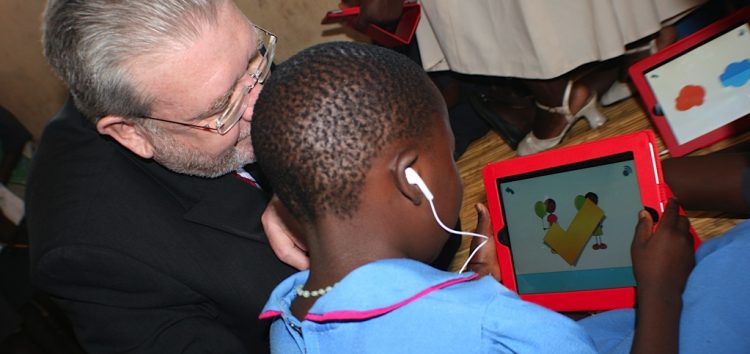

The importance of broadband to online learning, the digital economy and social development cannot be overemphasized.
This is underscored by the open letter from the Global Broadband Commission to the G20 leaders’ meeting as far back as 2012, wherein they enumerated the importance of broadband in moving the global economy onto a higher growth trajectory, and in generating sustainable, social and economic growth of all nations, especially literacy development to address inequity and deliver inclusive growth for all.
In particular, they argued that broadband-enabled technologies are simulating fresh innovation and inspiring a new generation of digital entrepreneurs. The digital era will produce a whole new range of digital careers and industries of the future.
Broadband reduces barriers to entry, offering opportunities for small and medium enterprises to challenge existing hierarchies, to innovate, compete and grow.
The targets of the NgREN were to make broadband universal among our youth in higher institutions and their surrounding communities, make it affordable, connect homes and businesses, and get more people online.
In essence, it would have enabled our institutions to have the same opportunities to learn as those in the developed world and impacted their communities as is currently witnessed in places such as Silicon Valley in America.
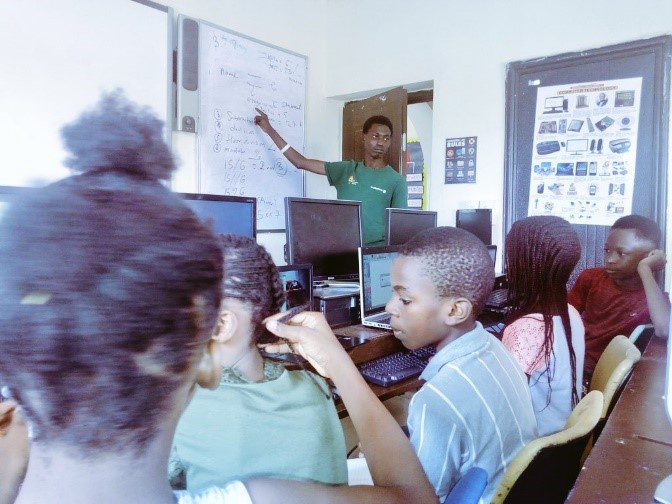

With such nonchalance to educational development in our country, it is no surprise that none of our local universities is included in the ranking of the world’s best 1,000. Tertiary education in Nigeria has suffered from long periods of neglect to the extent that parents would rather take their children to countries like Ghana, UK, US and Canada.
It is estimated that Nigerians studying in British and American Universities have spent over N137billion on tuition and living expenses in the last two academic sessions.
If the over 71,000 Nigerian students who pay tuition fees in Ghana were to contribute the N160billion they spend annually, they would account for about 40 per cent of the Nigerian education budget. According to Mr Ian Stewart, a member of the British Parliament, there are about 30,000 Nigerian students in the UK alone.


In the wake of the expressed resolve of the Muhammadu Buhari led the federal government to make public institutions more accountable and responsive to the needs of the society, it is expedient to immediately revive the NgREN project, and in the medium to long term properly situate it, including exploring Private, Public Partnership (PPP) to ensure that this laudable project does not die an avoidable death.
We should as a nation learn to stop being wasteful in the face of acute scarcity and make the most of our scare resources.
Austin Okere is the Founder of CWG Plc, the largest security in the technology sector of the Nigerian Stock Exchange, and Entrepreneur-in-Residence at CBS, New York. Austin also serves on the Advisory Board of the Global Business School Network, and on the World Economic Forum Global Agenda Council on Innovation and Intrapreneurship. Austin now runs the Ausso Leadership Academy focused on Business and Entrepreneurial Mentorship






